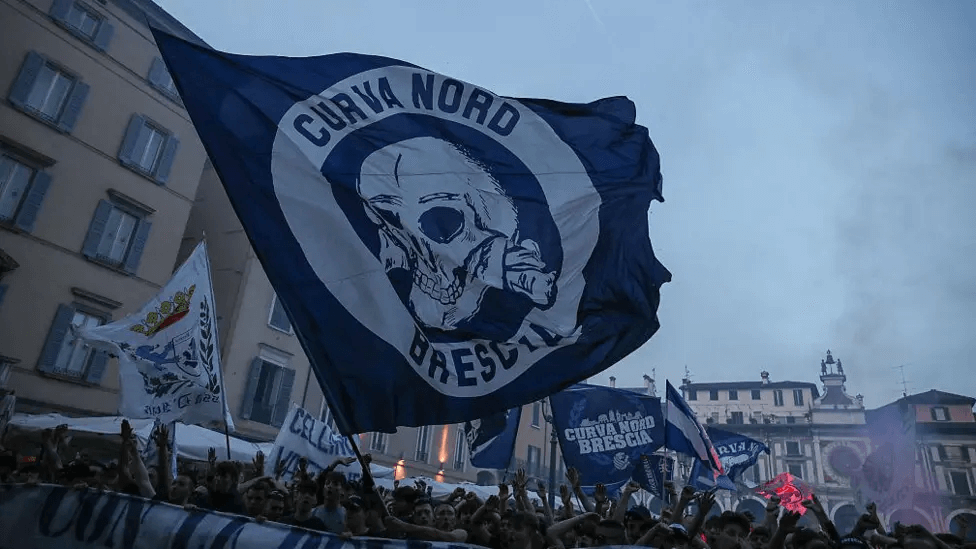Brescia's License Revoked Amid Financial Woes

Brescia Calcio's dramatic fall from grace marks the end of an era for one of Italian football's historic clubs. Once a founding member of Serie A and home to legendary players like Roberto Baggio, Pep Guardiola and Andrea Pirlo, the club has now been dissolved due to financial mismanagement.
The rise and fall of a historic club
Founded in 1911, Brescia quickly established themselves in Italy's top flight and became one of the 18 founding members of Serie A in 1929. While never achieving major success, the club maintained a respectable presence in Italian football for decades.
The early 2000s marked Brescia's golden era, featuring:
- Roberto Baggio's iconic four-season spell (2000-2004)
- The arrival of Spanish legend Pep Guardiola
- The emergence of local talent Andrea Pirlo
- Their best-ever Serie A finish (8th in 2000-01)
- European debut in the UEFA Intertoto Cup
Financial collapse and consequences
The club's downfall began with Massimo Cellino's controversial ownership in 2017. Known for his turbulent tenure at Leeds United, Cellino's management led to:
- 24 coaching changes in eight years
- Financial irregularities and unpaid debts
- A four-point deduction that resulted in relegation
- FIGC revoking the club's professional license
- Six-month bans for Cellino and his son Edoardo
Phoenix rising from the ashes?
Local businesses and officials are working to establish a new club that would:
- Operate as a separate legal entity from the dissolved Brescia
- Begin play in Serie C (Italy's third division)
- Potentially use the historic Rigamonti Stadium
- Meet the July 15 registration deadline
The proposed solution mirrors the successful revival of Vicenza in 2018, offering hope to Brescia's loyal fanbase that professional football will continue in the city.
This dramatic story serves as a cautionary tale about financial mismanagement in football, while demonstrating the resilience of club identities beyond corporate structures.
Recommended

‘I don’t think he should go to Man Utd’ – Carragher makes Everton case for PL striker

Liverpool ‘in full swing’ with five more signings lined up as Reds ‘meet Wirtz’s parents’

Jurgen Klopp camp issues response amid shock links to Roma managerial vacancy

Strong exit hint boosts Liverpool transfer chances as journalist ‘keeps hearing’ same rumour

Liverpool outline ‘assurances’ they ‘need’ from Wirtz as team-mate warns against Bayern transfer

Man Utd: Ruben Amorim handed shock Europa League final boost as star returns ahead of schedule

Man Utd and Chelsea face fresh PL rival in £30m race for Delap after Red Devils ‘meeting’

Man Utd ‘ask’ for Barcelona star worth £50m in deal to sign Marcus Rashford this summer

Romano reveals Man Utd will sign ‘one more’ No.10 as Amorim chooses his man


